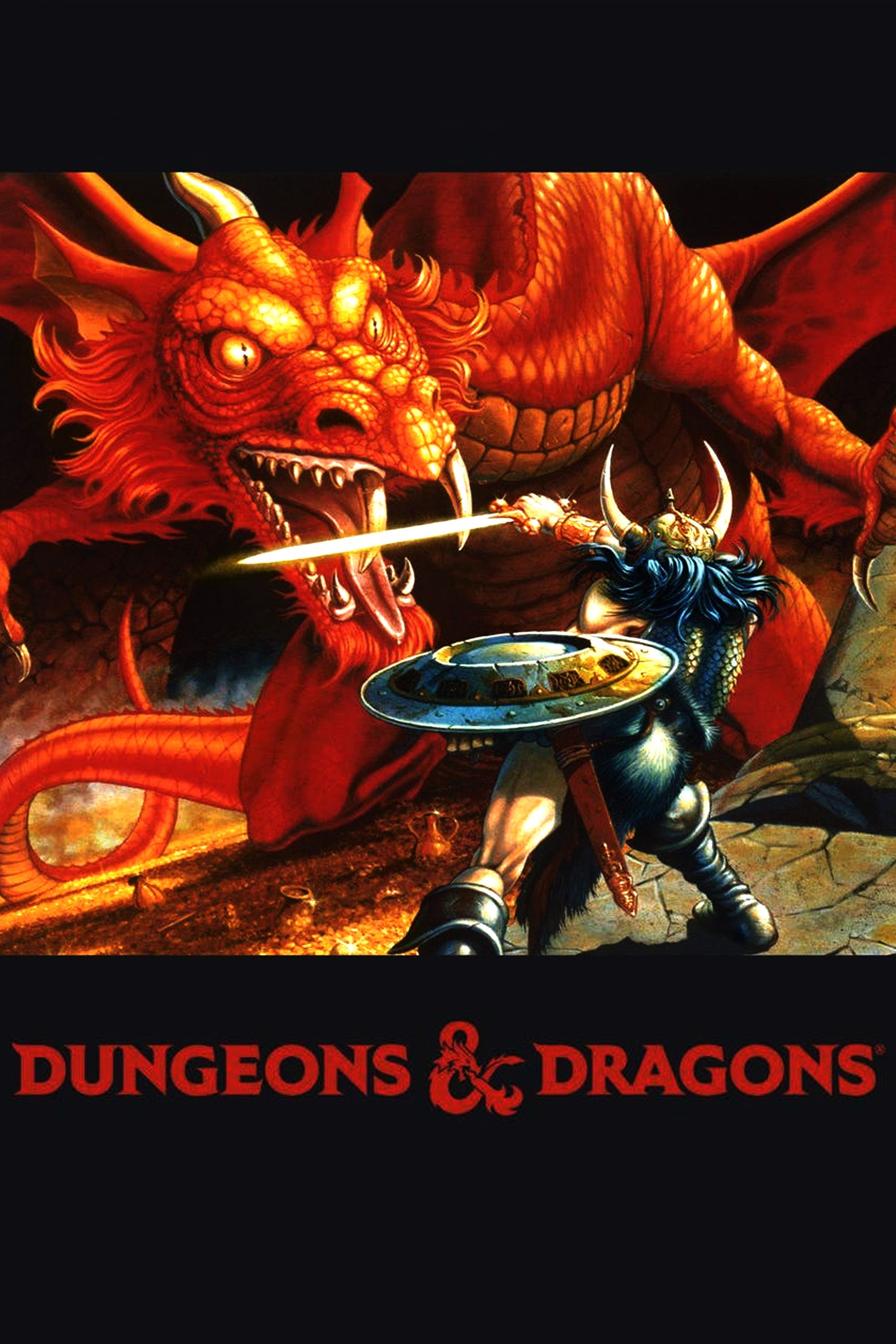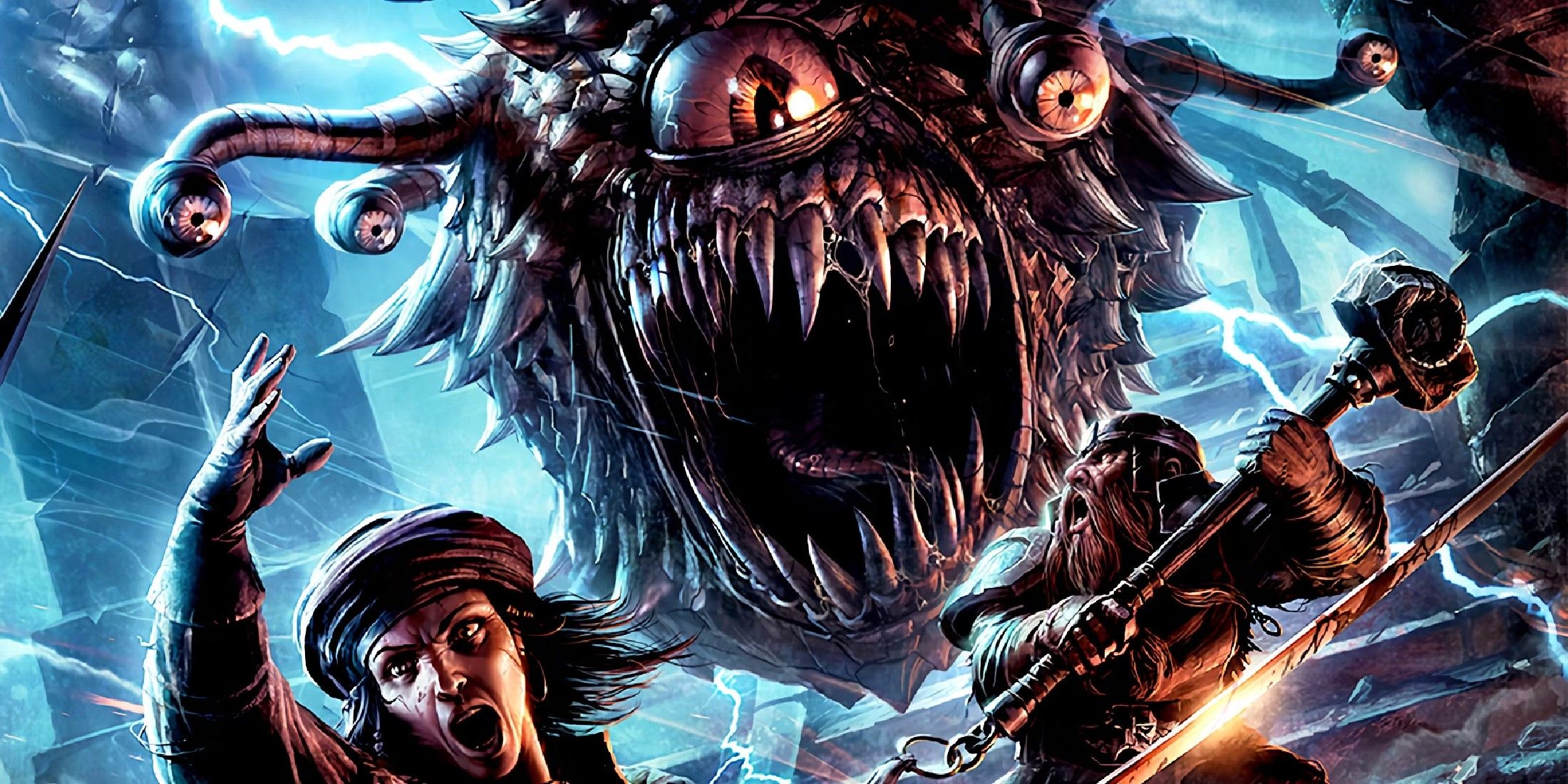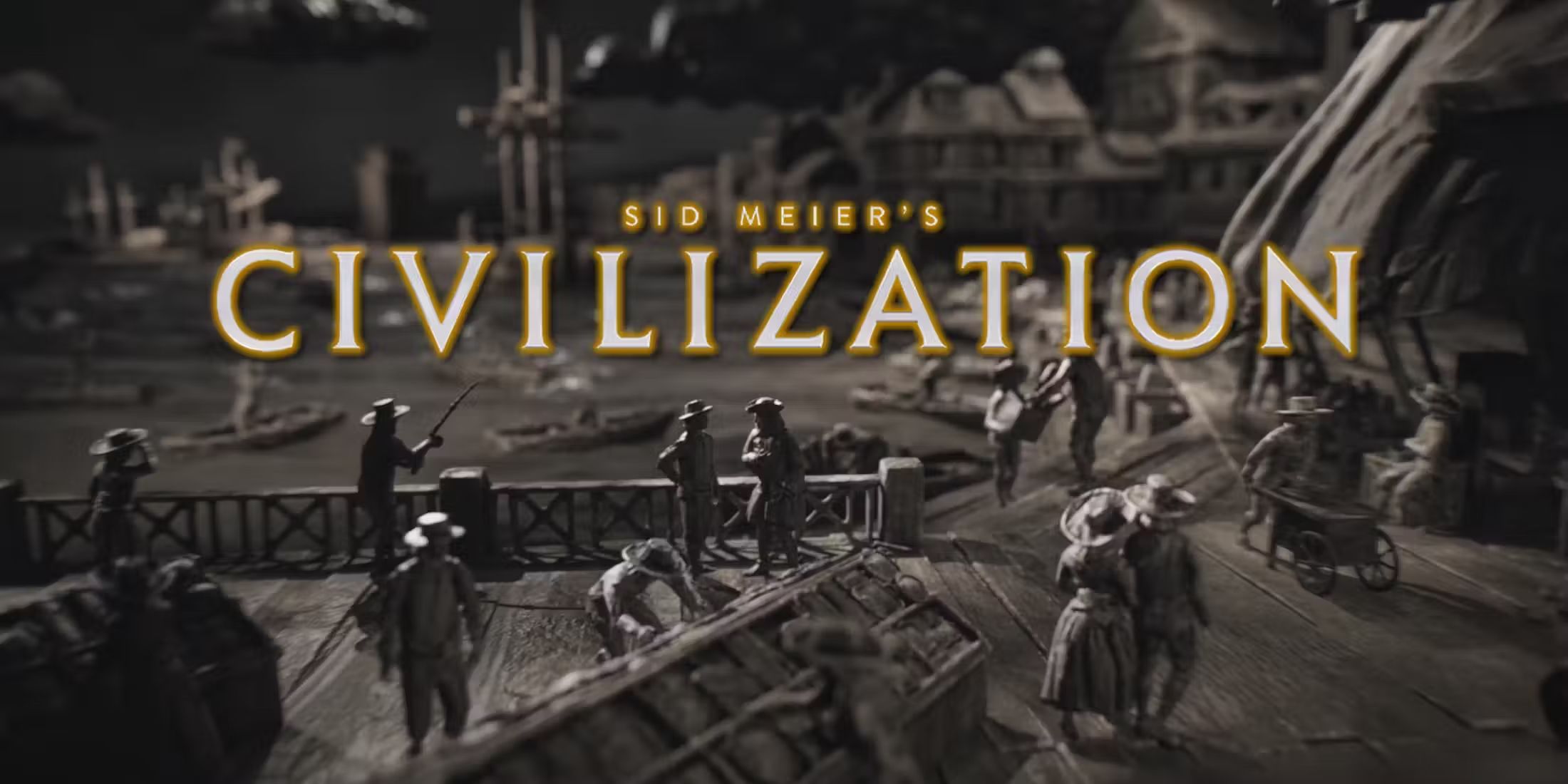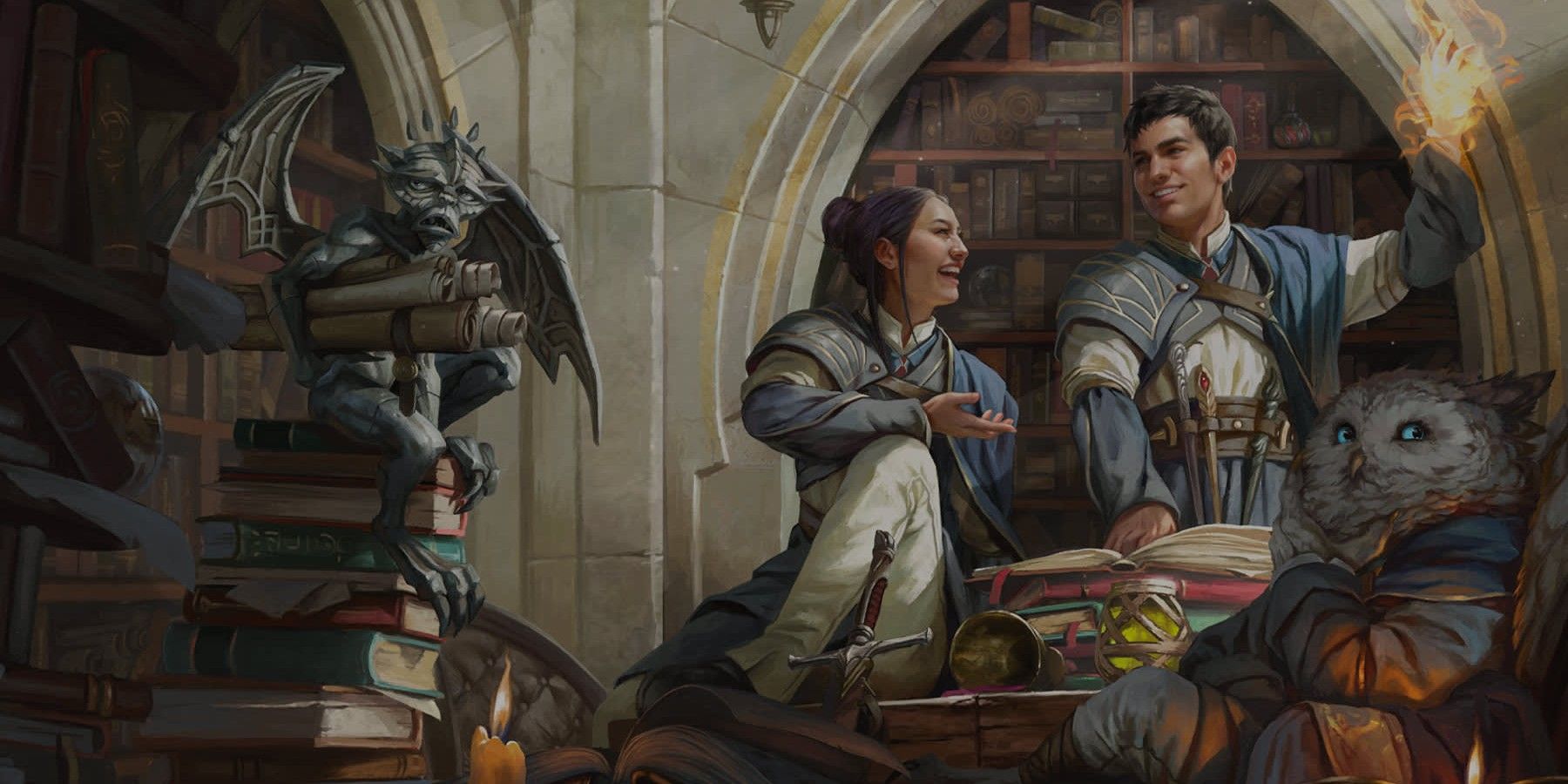Highlights
- One DnD is introducing Bastions, an intricate and customizable system for players to build and manage headquarters for their characters in Dungeons and Dragons.
- Bastions offer numerous benefits, including the ability to gain magic items, passive gold income, bonuses like spell effects and equipment, and roleplaying opportunities with hirelings and defenders.
- Bastions operate on a schedule, with players taking a Bastion turn every seven in-game days to issue orders to facilities and generate Bastion Points. Special facilities cater to specific class archetypes and add variety to the game.
Most new material in the One DnD playtest for Dungeons and Dragons has had to do with character creation so far. Every character class has seen some significant adjustment, some getting revised multiple times through the playtest already, and other key materials like spells are getting lots of adjustments. However, the latest document is a little different. It includes some adjusted cantrips, but more importantly, it focuses on a mechanic that didn't appear in the fifth edition of Dungeons and Dragons. One DnD plans to feature Bastions, an intricate and highly customizable new system through which players build and manage headquarters for their characters.
Player-controlled bases are hardly a new idea in the TTRPG genre, but it's a remarkable feature for what aims to be the definitive new edition of Dungeons and Dragons. Although Bastions may seem a little overwhelming at a glance, thanks to their wealth of customization options, they're pretty simple to operate, and they offer a ton of benefits for players. Bastions can offer a lot to a campaign both in terms of mechanical strength and roleplaying opportunities:
- Spending Bastion Points to gain magic items or buff players
- Earning passive gold income
- Gaining bonuses like spell effects and equipment from Bastion facilities
- Roleplaying with player-designed hirelings and Bastion Defenders
- Encountering NPCs through random Bastion events and facility uses
How Dungeons and Dragons' Bastions Work
Bastions operate on a strict schedule: every Dungeons and Dragons player gets a Bastion when their character hits level 5, and from that point, the player takes a Bastion turn every seven in-game days. On a Bastion turn, the player issues orders to one or more of its special facilities, or simply Maintains the Bastion. Either way, the facilities generate Bastion Points for the player to spend on top of performing the facility's specific purpose.
Bastion Mechanic | Impact |
Bastion Points | Mainly spent to gain magic items. Players can also spend 100 Bastion Points to revive at their Bastion when they die, or gain temporary advantage on Charisma checks after leveling up. Generated passively every Bastion turn. |
Basic Facilities | Every Bastion starts with two basic facilities; players can add more by spending gold. Provides no mechanical benefit but allows player to customize the facility for roleplaying opportunities and immersion. |
Special Facilities | Each Bastion starts with two special facilities, gains two at level 9, then one more at levels 13 and 17. When issued an order or visited for an extended time, can give players an extra spell to cast, temporary proficiency in a skill, a new magic item, etc. Can't be added with gold, but can be replaced with another Special Facility on leveling up. |
Bastion Events | When a Bastion follows the Maintain order, there's a 50% chance of a random event occurring. Random events include visitors staying in the Bastion for some time, hirelings having various misadventures, and even hostile forces laying siege to the Bastion |
Special facilities are the core of the Bastion experience in Dungeons and Dragons. Each one is managed by NPC hirelings who execute a facility's functions when the player issues an order to that facility. Every facility only has one type of order it can execute besides Maintain, but they execute their order types uniquely, and there's no shortage of variety among the facility options available to players:
- Basic options like libraries, trophy rooms, and armories are available to all players
- Certain facilities like arcane studies, reliquaries, or war rooms cater to specific class archetypes and have specific requirements like the ability to use an Arcane Focus, Expertise in a skill, or having a Fighting Style feat
- More eccentric facilities like pubs, guildhalls, menageries, and gaming halls provide particularly unique functions and give Bastions lots of personality
Bastions stress putting power in the hands of the player. Although special facilities have prescribed sizes, basic facilities are more modular, and utilities like doors and hallways are free to add, so players have lots of freedom to customize their Bastion's layout. Hirelings are also very player-friendly; the rules assume the Bastion generates income to pay hirelings, so players don't have to micromanage gold, and Wizards of the Coast encourages players to come up with appearances and personalities for all their Bastion staff.
Altogether, Bastions may be one of the most promising features in this new edition of Dungeons and Dragons. Like all the other playtest material, odds are that they will change dramatically, but any kind of base-building mechanic for players would be well worth including.

Dungeons and Dragons
Created by Gary Gygax, Dungeons & Dragons is a tabletop game in which players craft their own worlds and band together to take on adventures through mysterious realms outlined in companion materials. One of the best role-playing games ever made, it has been adapted into a variety of video games and other media.
- Franchise
- Dungeons & Dragons
- Original Release Date
- 1974-00-00
- Publisher
- Wizards of the Coast
- Designer
- E. Gary Gygax , Dave Arneson





